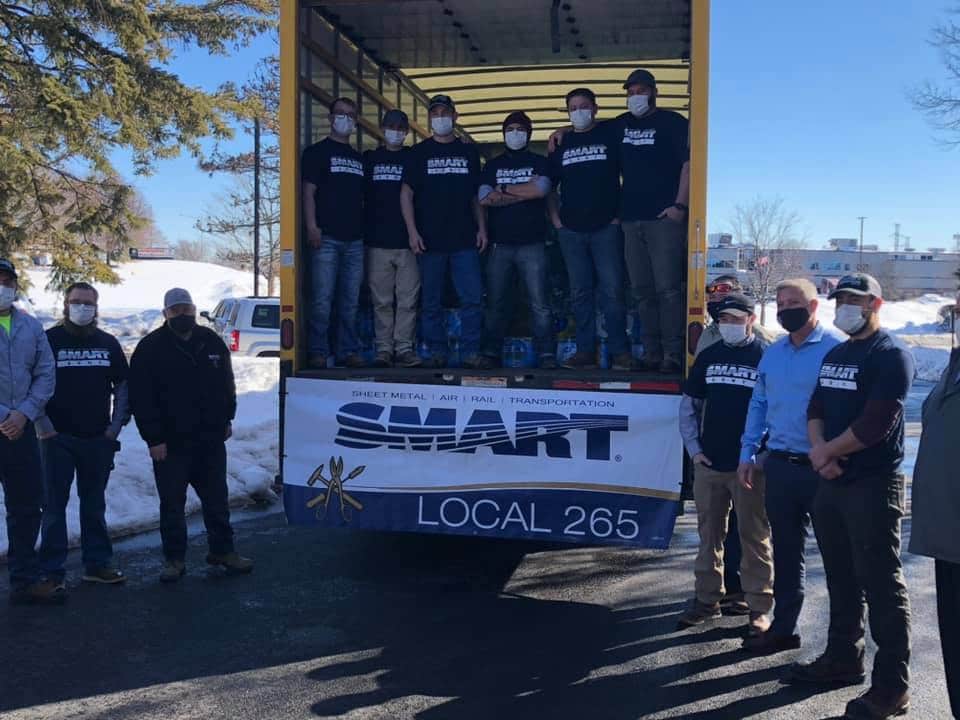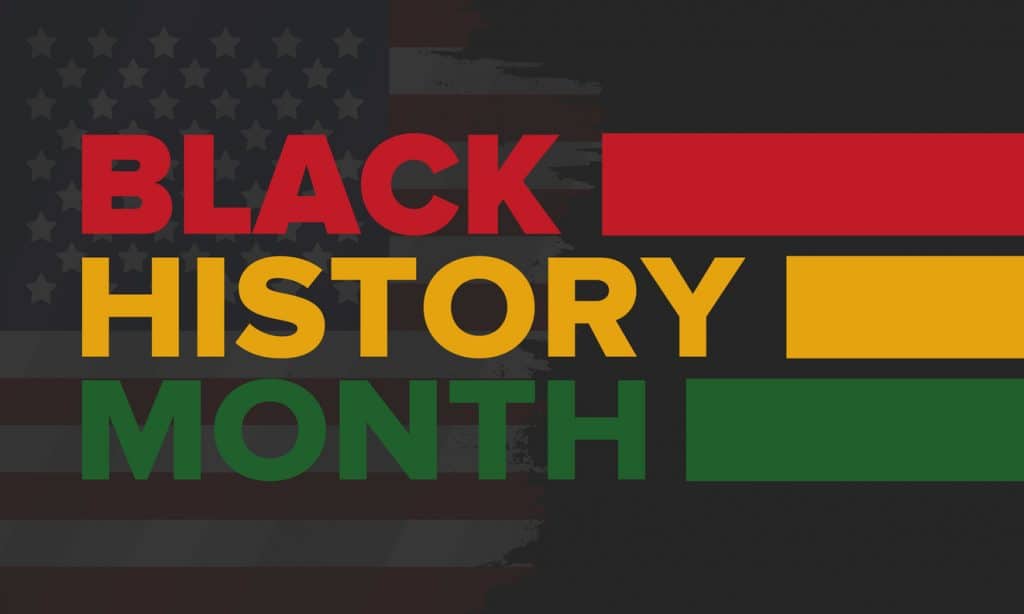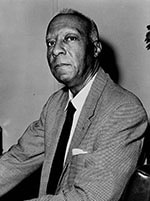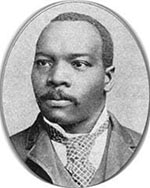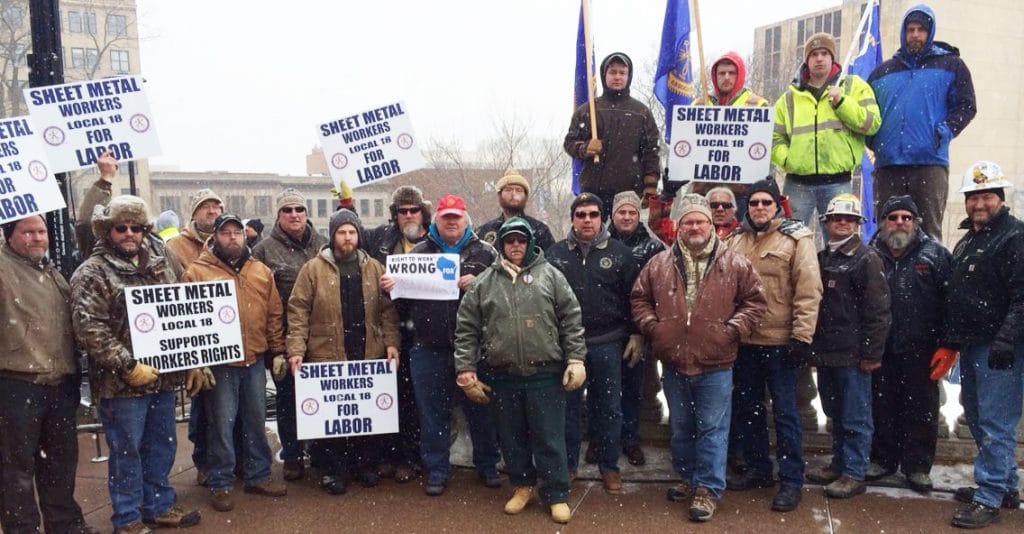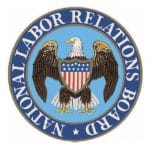If you are a union member who participates in certain Union Plus programs and have been affected by the severe storms in Texas, you may be eligible for financial assistance through the Union Plus Disaster Relief Grant program.1
Union Plus Disaster Relief Grants of $500 are available to eligible participants of one of the following programs:
- Union Plus Credit Card Program2
- Union Plus Mortgage Program
- Union Plus Personal Loan Program
- Union Plus Life Insurance
- Union Plus Accidental Death Insurance
- Union Plus Auto Insurance
- Union Plus Retiree Health Program
To qualify for a Union Plus Disaster Relief Grant:
- Your residence must be in a county qualifying for individual assistance money from FEMA. To check if your county has been designated as an area eligible for individual assistance, visit FEMA’s disaster declarations page.
- You must have had a Union Plus Credit Card for at least three months, Union Plus Personal Loan for at least six months, Union Plus Mortgage, Union Plus Retiree Health Insurance, Union Plus Life or Accidental Death Insurance or Union Plus Auto Insurance for at least 12 months with that account or policy in good standing (be up to date on payments).
If you participate in the Union Plus Credit Card Program and want to apply for a disaster relief grant, call 1-800-622-2580.
If you participate in any other of the designated programs and want to apply for a disaster relief grant, call 1-800-472-2005.
The Union Plus Disaster Relief Fund has provided nearly $1 million in assistance to union members facing hardships following Hurricanes Michael and Florence, floods and other natural disasters. Head to the Union Plus Disaster Relief Fund page to learn more about the benefits and eligibility requirements.
1Certain restrictions, limitations and qualifications apply to these grants. Additional information and eligibility criteria can be obtained at https://www.unionplus.org/hardship-help/disaster-relief-grants.
2The Union Plus Credit Cards are issued by Capital One, N.A. pursuant to a license from Mastercard International Incorporated. Mastercard is a registered trademark, and the circles design is a trademark of Mastercard International Incorporated.
###
